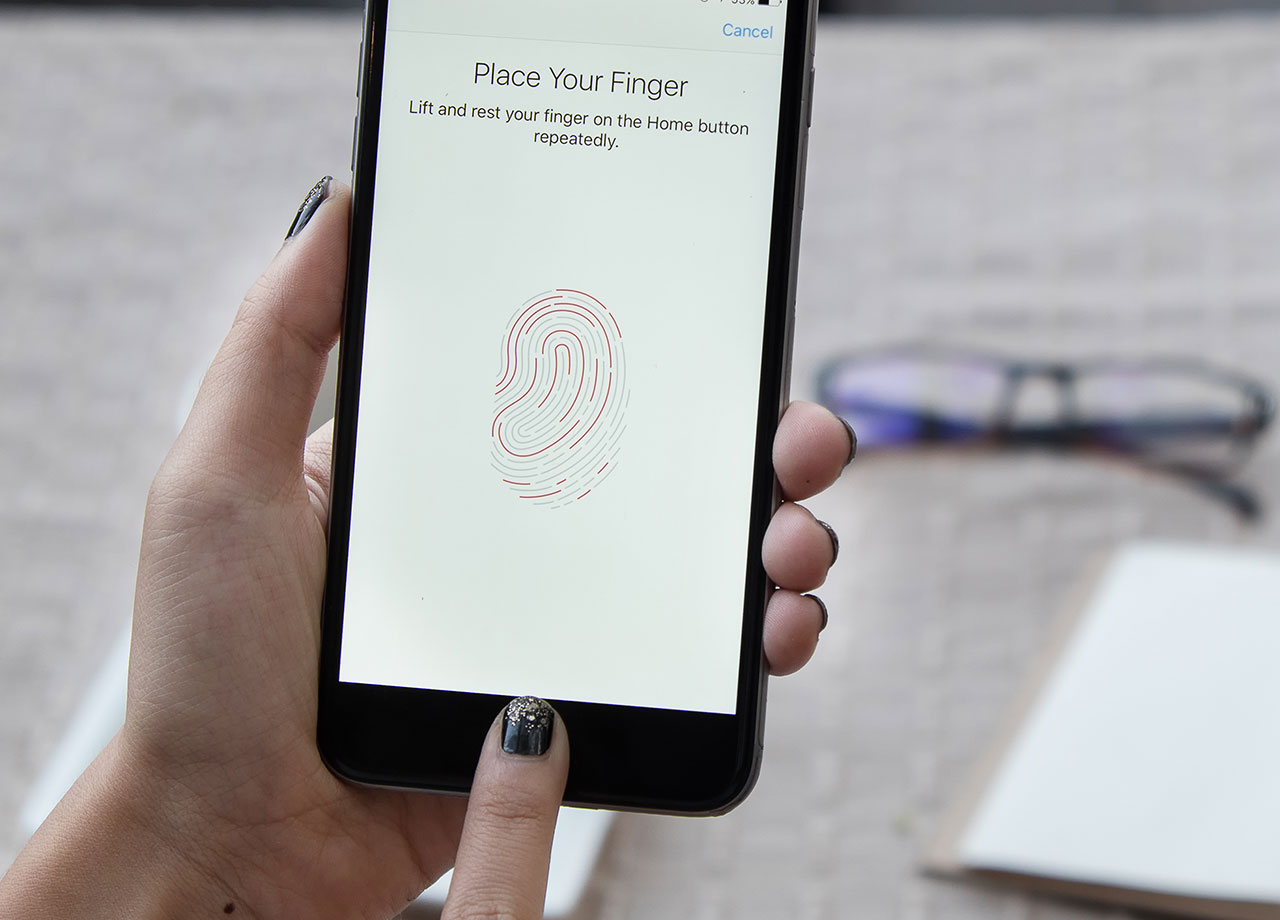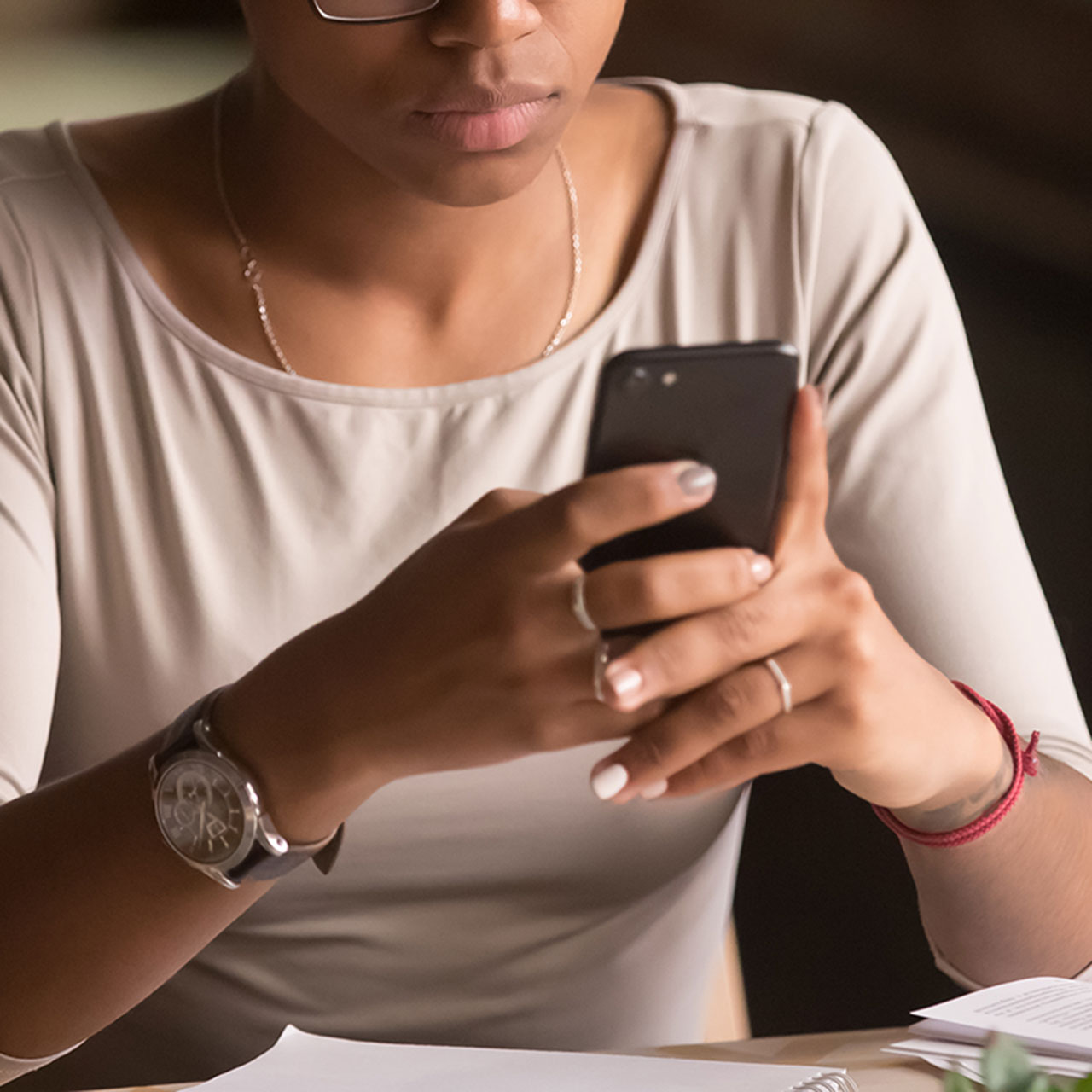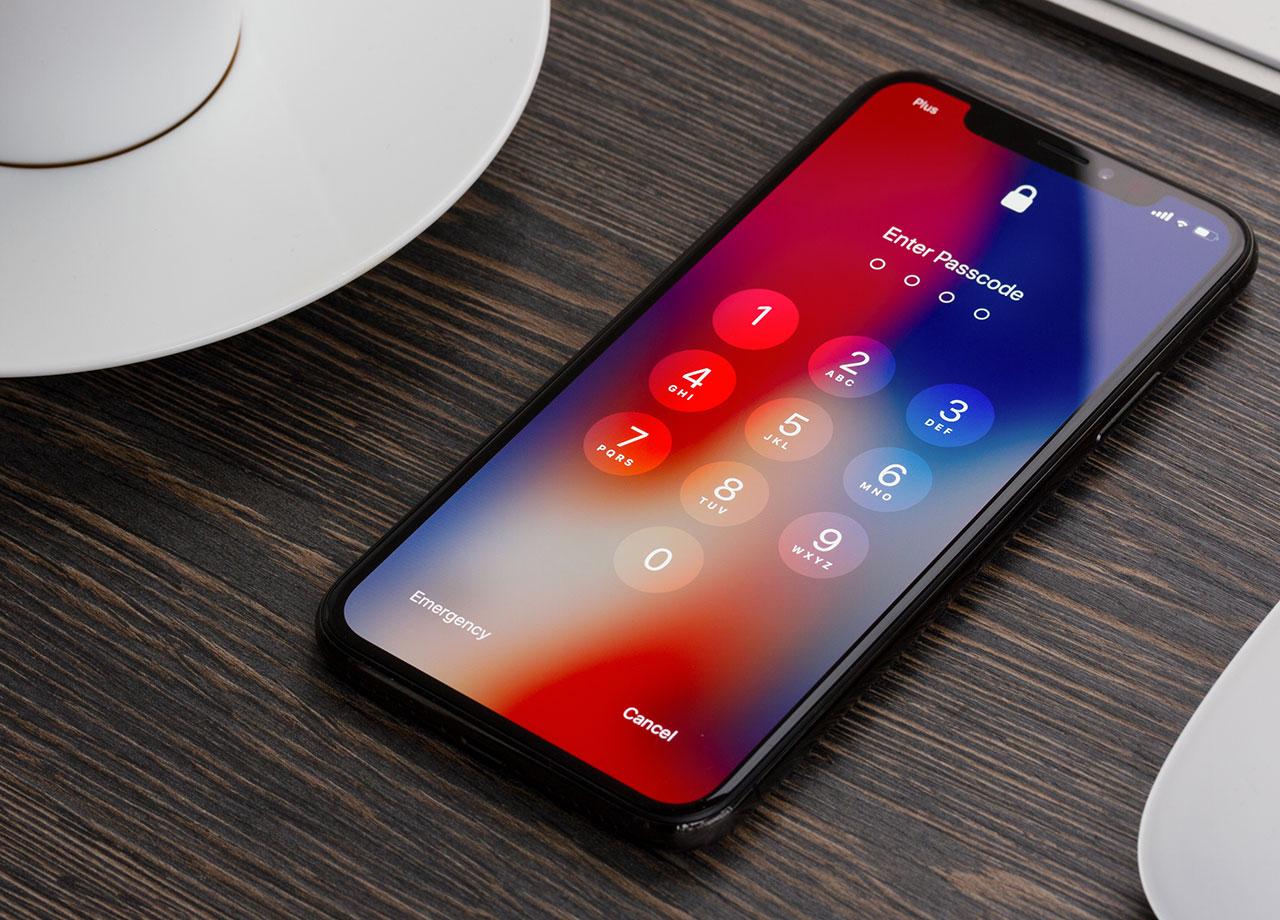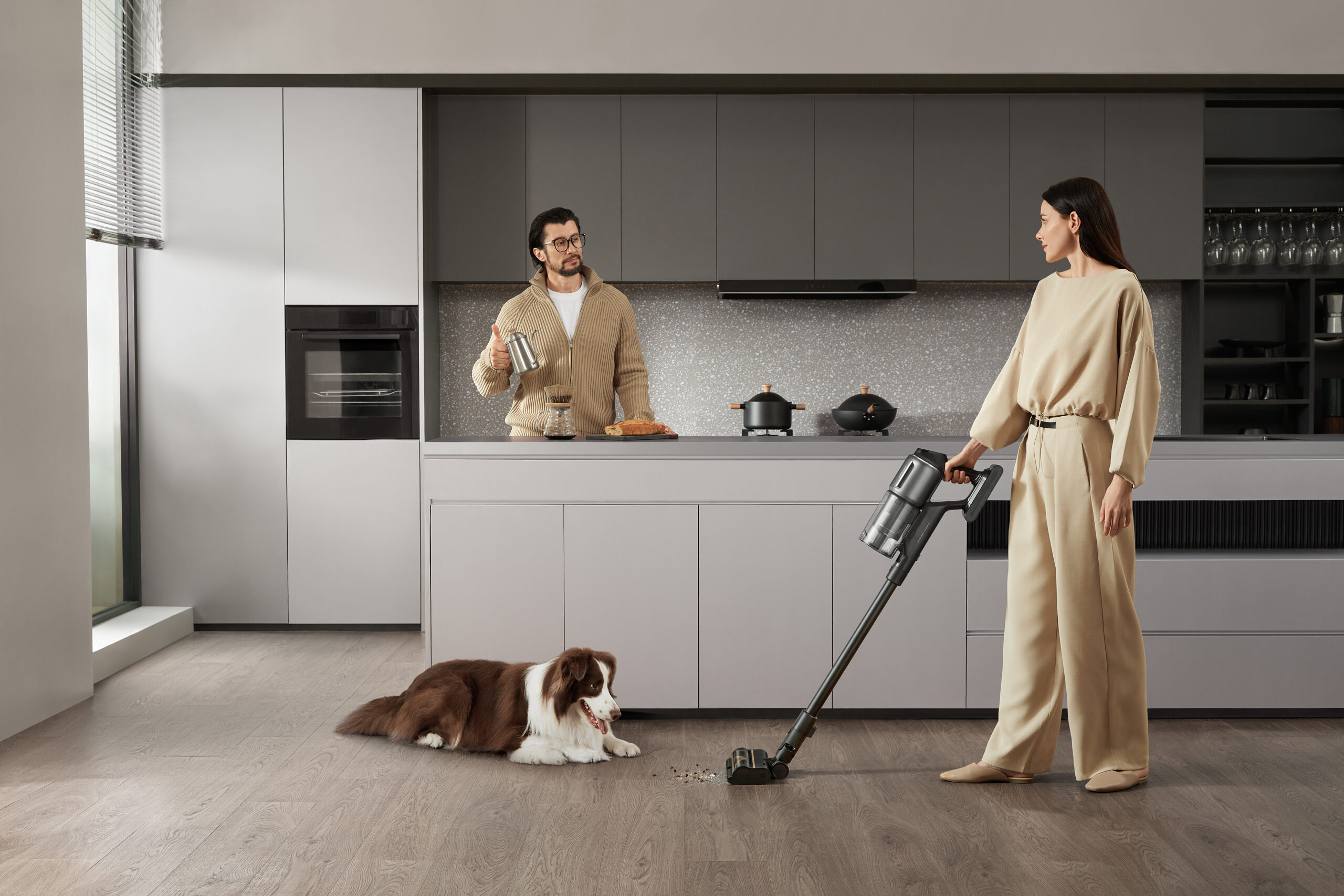If there’s one thing we are all concerned about when it comes to owning smartphones, it’s security and privacy. Your phone is the best convenience in the world — until you fall victim to malicious online attacks and viruses. From that point on, your data becomes vulnerable, and when your data becomes vulnerable, you run the risk of having your personal information — like social security numbers and bank account info — stolen.
Of course, you can guess what comes next: malicious attempts and successes at swiping your personal information that can result in your entire world being turned upside down. Suddenly, you’ll have to deal with canceling credit cards, calling the Federal Trade Commission to report stolen identity, etc.
Are there ways to protect yourself from this potential nightmare? Absolutely. Here are four life-changing tips to keep your iPhone safe from major security problems.
Use Two-Factor Authentication
Don’t just create complex passwords — of course, do that too. But make sure you are setting up two-factor authentication for every website and app that allows it. Two-factor authentication ensures that the app asks not just for a password, but for a confirmation code that you receive via your phone or email. And make sure that when you create a password, it contains a blend of uppercase and lowercase letters, as well as numbers and symbols.


Set Up Find My iPhone
Although many malicious attacks occur from phishing attempts and you’ll never, ever come into contact with the person or group responsible for them, there are times when phones are literally stolen, and this becomes the source for all of the havoc that is wreaked in the aftermath. One thing you can do to mitigate this threat is to make sure you have the Find My iPhone setting enabled. With Find My iPhone enabled, you can delete your iPhone’s data from afar using a different device.
Make Sure Your Settings Are Optimized
There are iPhone settings that can truly help keep your phone more secure and private. But if you aren’t optimizing those settings, you aren’t making the most of what Apple offers. For example, you can change a setting that requires all of your passwords to be at least six characters — which is incredibly important for your security. You can also disable location tracking to make it impossible for your phone to track your whereabouts.

Don’t Grant Permissions To All Apps
If you allow an app to do whatever it wants, it will most assuredly take all of the permissions you give it and access your contacts, your location, your browser search data, and more. The solution is simple: when you download a new app, pay close attention to the permissions it asks you to grant. Does that app really require your microphone to do its job well? If not, don’t grant it permission. Maybe it requires location to do its job — but are you sure it can make do with accessing your location only when it’s being used, and not all day and all night? The fewer permissions you grant an app, the less data it collects — and the safer and more secure your data will be.
Follow these four tips to help keep your phone and data as secure and private as possible.


























